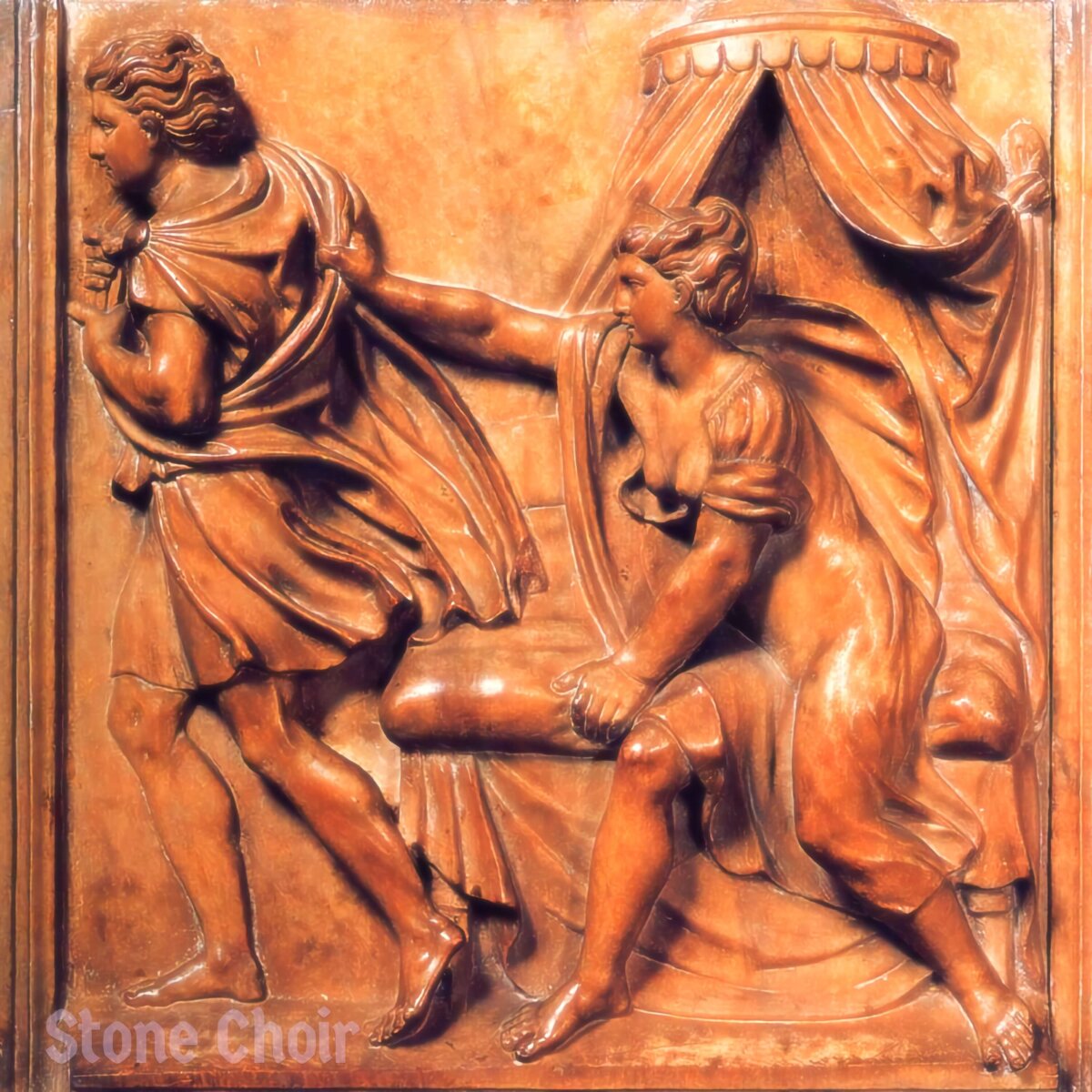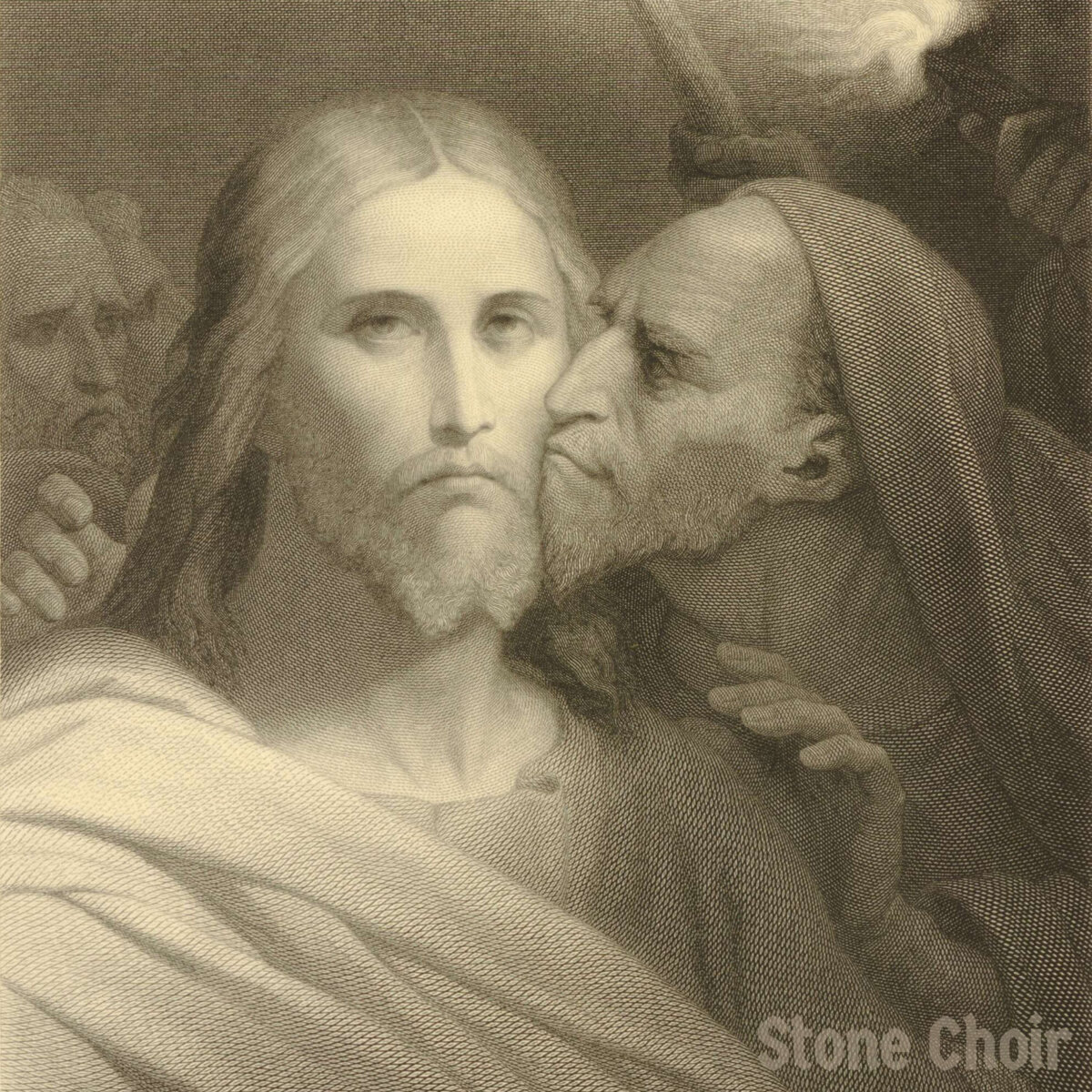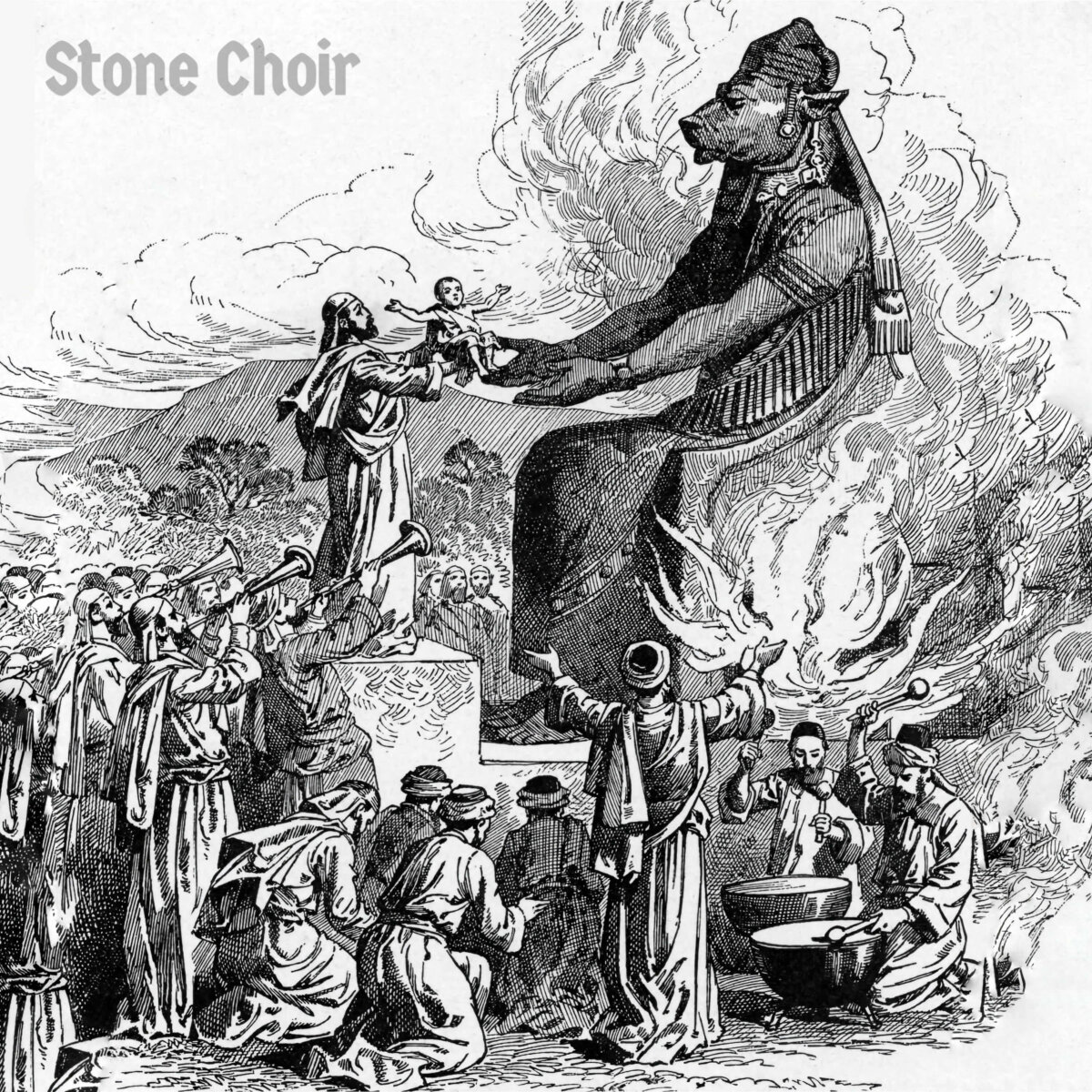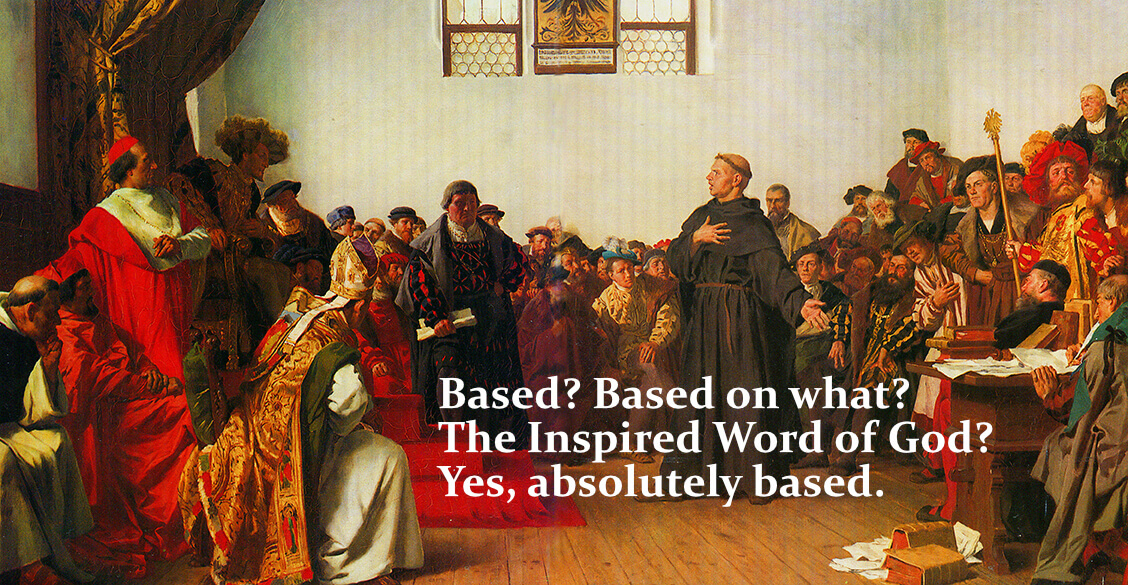Repentance
Podcast: Play in new window | Download (Duration: 1:54:38 — 222.8MB) | Embed
Subscribe: Apple Podcasts | Spotify | Amazon Music | More
Hosts

Corey J. Mahler

Repentance consists of contrition and faith. Contrition is sorrow for sin, the terrors of conscience that are attendant the realization of the nature of sin and God’s wrath toward it; faith, in this case, is the entirety of the Christian life — the ‘and then what’, which follows regeneration. But more than this, to be truly repentant is to turn from one’s sins and move toward God. In the Greek (μετανοια), repentance is a ‘change of one’s mind’, or, in the verbal form, ‘to change one’s mind’ — literally, ‘to think differently [about]’.
When we are regenerated, we think differently about the sins of our past (and about the sins we still desire to commit) — we recognize that they are sins and that they are contrary to the will of God. And not only do we think differently about these matters (i.e., have that μετανοια, that change of mind), but we also seek to undo the harms that we have done — there are works that follow true repentance.
In a very real sense, repentance is the core of the Christian life. We are saved, of course, by the work of Christ and the free gift of faith, but a living faith will always produce good works, and chief among those works are repentance and what flows from it. We read the Word of God, which convicts us of our sins, we feel sorrow for these sins (i.e., contrition) and we turn from them (i.e., repentance). This is the Christian life in this world.
Subscribe to the podcast here.
Show Notes
See Also
Further Reading
- Homily (coming soon)
Parental Warnings
There is some discussion of sexual sins (not in explicit terms) shortly after the one-hour mark.
Current Sponsor(s)
Coming soon?
Support the Podcast
- Recurring Donation
- One-Time Donation
- Mahler’s Amazon.com Wish List
- Woe’s Amazon.com Wish List
- The Stone Choir 2024 Challenge Coin
- Update: Shipping has begun.
Comments?
Join the discussion on Telegram, visit the feedback form or comment below.



